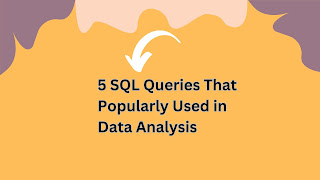NetCOBOL is an open platform COBOL development environment which takes advantage of the features of mainframe COBOL. It is ready for the latest technology and a state-of-the-art environment as well. NetCOBOL is a trademark or registered trademark of Fujitsu Limited.
 |
| NetCOBOL |
NetCOBOL
- It is available in both 32 bit and 64 bit
- Net COBOL claims compatibility with other COBOL Compilers like VS COBOL, OS/VS COBOL and Micro Focus COBOL.
- Provides a debugger and complete integrated development environment(IDE) with COBOL.
- Provides IP tools like Power COBOL (These tools help Developer to build Windows biased GUI Apps) and PowerBsort.
- It supports databases like Microsoft SQL Server, Oracle, and Pervasive SQL.
- Claims to support native SQL Calls “EXEC SQL” within Net COBOL.
- It supports Betrive Files as well.
- Support Both Modern IDE (Eclipse Plugins for Linux and VS IDE plug-in for Windows)
- Linux Version of Net COBOL also supports JAVA, C, C++, and Python.
- Windows Version of Net COBOL also supports .net.
- It also supports Unicode Code set.
- It also supports Object-Oriented COBOL.
Platforms for NetCOBOL:
- Windows – Net COBOL for Windows
- Linux(RHEL6) - Net COBOL for Linux
- SPARC – Net COBOL for SPARC
- Cloud (Microsoft’s Azure) - COBOL for .net
Features
- NetCOBOL complies with International Standard, industry standard specifications, and ordinary standard specifications, which enables stable operation and expansion of key system for the future. Existing skills on COBOL and know-how of mainframes help you a lot.
- "NetCOBOL Studio," a COBOL development environment based on Eclipse which is an open-source integrated development environment, has been built into NetCOBOL for Windows, and Microsoft "Visual Studio" has been built into NetCOBOL for .NET as a development environment for .NET Framework.
- COBOL Integrated Development Environment (IDE) allows the improvement of efficiency of the whole development process including design, programming, testing, and maintenance. It enables program development linking with the latest technologies from batch to Web applications.
- NetCOBOL is suitable to use with the latest technologies such as .NET, Java, and XML.
- The "PowerBSORT" speeds up sorting and merging the data.



.jpg)

Comments
Post a Comment
Thanks for your message. We will get back you.